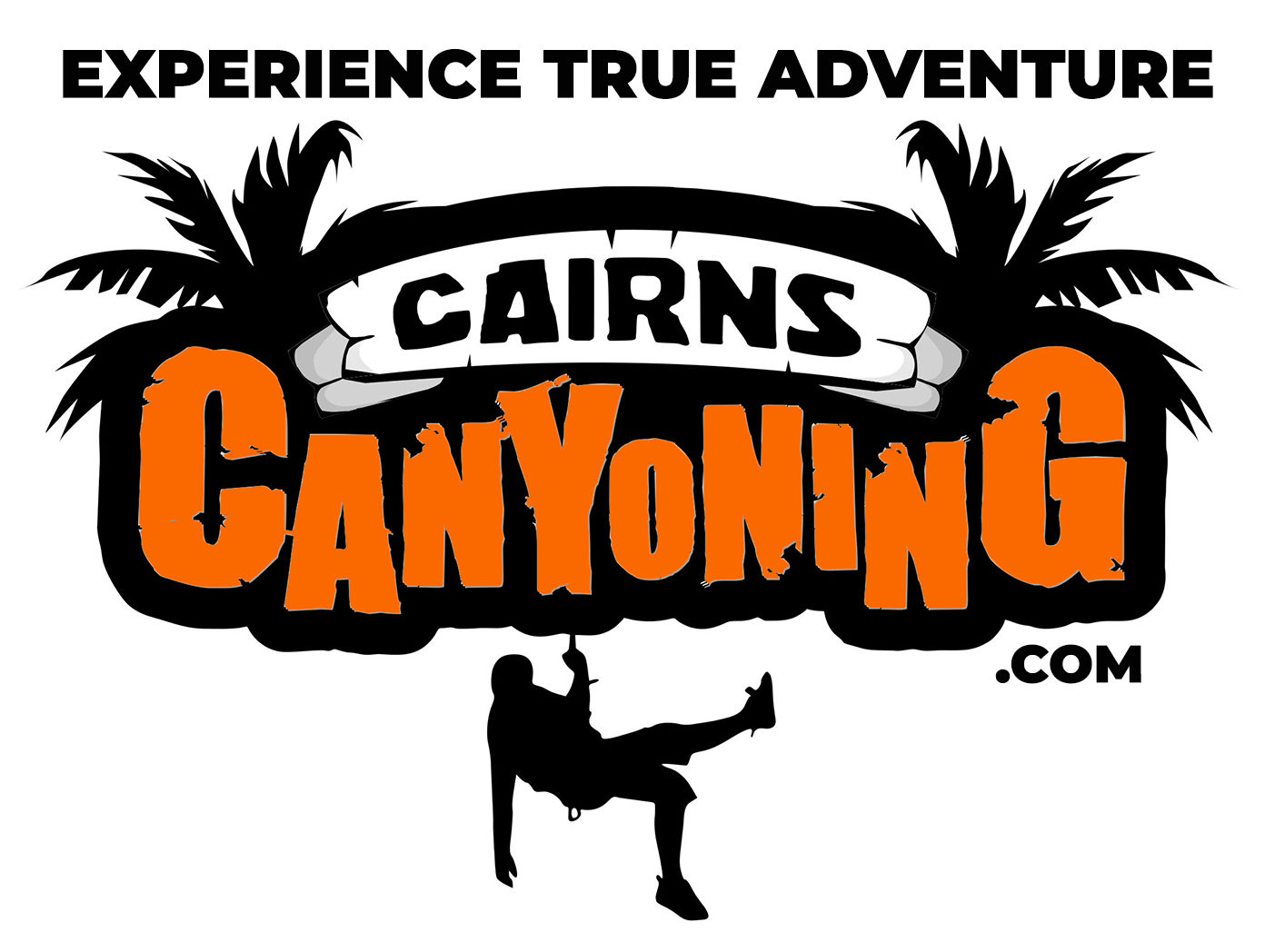FNQ Rainforest & Wildlife

Australia is special and there are several evidences to support what I am saying. Firstly, the big size of 7.692 million km2 land which is a home of 25 million people, gives a demographic density of just 3.3 persons per square kilometre, making this country so unique. Being one of the most sparse countries in the world keeps Downunder Land environment clean in its totality.
Australian environment
If you travel around the country, you will realize huge differences in weather, temperatures, biodiversity and many other elements. For example, you can find the Tasman Devil in the cold state of Tasmania, crocodiles in the hot and wet weather far north of the country, but not anywhere else… The vegetation in the desert is basically bush and that is where the exotic Thorny Devil (kind of lizard) lives.
My focus today will be on highlighting some species of animals and plants that are natural from Far North Queensland state.
The diversity
Cairns City area is surrounded by the oldest continuum living rainforests in the world and grasslands of Tropical North Queensland, presenting a diverse ecosystems. It is possible to find about 3000 different species of plants, more than 400 kinds of birds and 100 -plus mammals, many of which are found no where else on earth. Not to mention, the marine life in the Great Barrier Reef.
Deep in the Wild
Descendants from dinosaur, third-tallest, second-heaviest living bird in the world, the Cassowaries are good swimmers and can reach the speed of 50 km/h. Cassowaries feed mainly on fruit, grass seeds, fungi, invertebrates and small vertebrates. Females are larger and more brightly coloured than the males. Adult southern cassowaries are 1.5 to 1.8 m tall, although some females may reach 2 m and weigh 58.5 kg. Typically, all cassowaries are shy birds, being very wary of human. The birds are often seen in an adventurous canyoning trip called “The Spillway Trip”, also in a place called Etty Bay, all Cairns surroundings.
The Saltwater Crocodile
Also having dinosaur as relatives, living over 70 years of age, the Estuarine Crocodile is a perfect predator due to millions of years of evolution. The salt water crocs are the largest living reptiles in the world. Males grow up to 6.3 meters, weight of 1,000 – 1,300kg and females hardly ever grow over 3 meters of length. This specie is capable of prevailing over almost any animal that enters its territory, including other apex predators such as sharks. Cold and swift water are the crocs enemies. During winter time crocs tend to migrate further north from Cairns, where the water temperature is a little warmer.
Saw-Shelled Turtle
Endemic to Australia, the Myuchelys latisternum live on freshwater rivers and lagoons from Cape York Peninsula to Newcastle NSW. Females are usually larger than males, with a carapace of 28cm long and males 18cm. Believe me or not, this species is carnivorous, eating fish, crustaceous, frogs, snails and more. Like many other aquatics, they are able to obtain the oxygen from the water through the skin that extend the capacity to stay under water for long periods. The Saw-Shelled Turtle is certainly seem in a canyoning trip called Crystal Canyon 20min driving from Cairns CBD.
The Walking Tree
Pandanus tectorius is native from Malasia, Estern Australia and the Pacific Islands. The tree usually grows near by the ocean, sometimes known as hala fruit. Growing 4.5 to 11m, the roots can be originated from the trunk or branches. The trees are always looking for water, if for some circumstances, the water changes directions on the ground, this smart specie will create new roots toward the water, leaving the old roots behind (moving toward the water). The fruits look like a pineapple and can be eaten after being cooked (common in Aboriginal culture).
The Gympie Gympie Tree
Dendrocnide moroides, also known as the stinging brush, common to rainforest area in the north east of Australia. It has stinging hairs which cover the whole plant and deliver a potent neurotoxin when touched, by the small bulb that is found on the tip of the stinging hairs being broken off and penetrating the skin to inject the toxin. It is the most toxic of the Australian species of stinging trees. The fruit is edible to humans when ready and if the stinging hairs that cover it are removed. The species is safely shown from adventure tour guides on two canyoning trips in Cairns, Crystal Cascades and Spillway Canyoning. Do not touch it.
